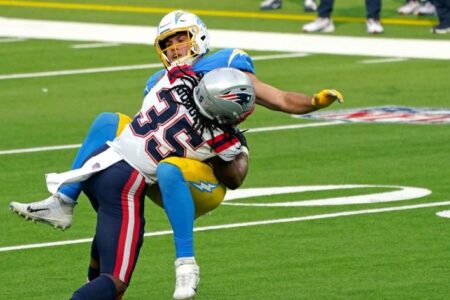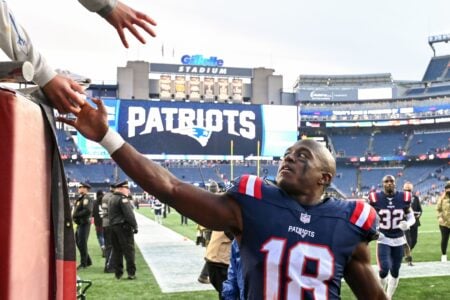- Joined
- Sep 14, 2004
- Messages
- 2,956
- Reaction score
- 126
trivia:
The probability that two players on the same team have the same birth day
( 5/17 = 5/17 ..etc .... year doesn't matter)
is over 98% !!
So which players have the same birthday?
The odds that a player has your birth day is not too good?
Does any player have your birth day?
Vince Wilfork is mine
BTW, Matt Cassel is only 26. After this year he will hit Free Agency
at 27 years of age and maybe proved himself.
He has the potential of going from ~500K a year to 6M+ a year! wow!
The probability that two players on the same team have the same birth day
( 5/17 = 5/17 ..etc .... year doesn't matter)
is over 98% !!
So which players have the same birthday?
The odds that a player has your birth day is not too good?
Does any player have your birth day?
Vince Wilfork is mine
BTW, Matt Cassel is only 26. After this year he will hit Free Agency
at 27 years of age and maybe proved himself.
He has the potential of going from ~500K a year to 6M+ a year! wow!
Last edited:


















